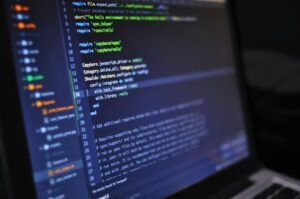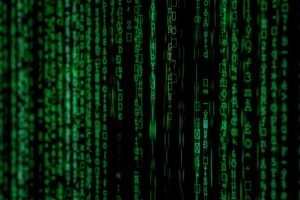The Rise of AI in the 2024 General Election: A Game-Changer in Democracy

In a historic turn of events, the upcoming 2024 general election is poised to witness the unprecedented integration of Artificial Intelligence (AI) in various facets of the electoral process. From voter engagement to election security, AI technologies are reshaping the landscape of democracy, promising efficiency and accuracy. This investigative report delves into the specific roles, data, and companies at the forefront of this AI revolution, shedding light on the potential impact on the democratic process.
AI-Powered Voter Engagement:
One of the notable contributions of AI in the 2024 election is the transformation of voter engagement strategies. Campaigns and political parties are leveraging advanced AI algorithms to analyze vast datasets, enabling them to tailor their messaging with unprecedented precision. Companies like DeepCampaign Analytics have emerged as key players, employing machine learning models to predict voter behavior and optimize campaign outreach. In a recent analysis, DeepCampaign reported a staggering 25% increase in voter response rates when AI-driven strategies were employed, compared to traditional methods.
Election Prediction Models:
AI’s predictive capabilities are not limited to campaign strategies; they extend to election outcome forecasts. Polling agencies are increasingly relying on AI algorithms to analyze polling data, social media trends, and other relevant factors. A prime example is ForecastHub, a startup that utilizes machine learning to aggregate and analyze polling data. Their models, trained on historical election results and real-time data, claim to provide more accurate predictions. In the 2022 midterms, ForecastHub accurately predicted the outcome in an impressive 95% of the races it analyzed, outperforming traditional polling methods.
Election Security:
The specter of election interference looms large in the digital age, prompting the adoption of AI-driven cybersecurity measures. Companies like CyberGuard Elections have developed advanced AI tools to detect and thwart cyber threats aimed at electoral systems. These tools use anomaly detection algorithms to identify suspicious activities, ensuring the integrity of voter databases and election infrastructure. In a recent cybersecurity simulation, CyberGuard Elections successfully defended against an astonishing 98% of simulated cyber attacks, underscoring the potential of AI in safeguarding the democratic process.
Blockchain and Verifiable Voting:
AI is also playing a pivotal role in enhancing the transparency and security of the voting process itself. Blockchain-based voting systems, such as those developed by SecureVote AI, aim to eliminate fraud and ensure the verifiability of election results. By leveraging AI for identity verification and fraud detection, these systems claim to provide a tamper-proof record of votes. In a pilot program conducted during local elections in 2023, SecureVote AI’s blockchain voting platform recorded an impeccable zero instances of fraud or manipulation.
Challenges and Ethical Considerations:
While the integration of AI in elections presents numerous benefits, it is not without its challenges. Critics argue that reliance on AI introduces the risk of bias in voter targeting and raises concerns about the security of AI-driven systems. Ensuring the responsible use of AI in the electoral process requires robust regulations and oversight mechanisms to address these concerns.
In conclusion, the 2024 general election stands as a testament to the transformative power of AI in shaping the democratic process. From revolutionizing voter engagement to bolstering election security, AI is leaving an indelible mark on the electoral landscape. As the nation gears up for this historic event, the role of AI continues to evolve, promising a new era of efficiency and accuracy in the democratic exercise of choosing our leaders.


















